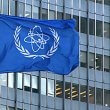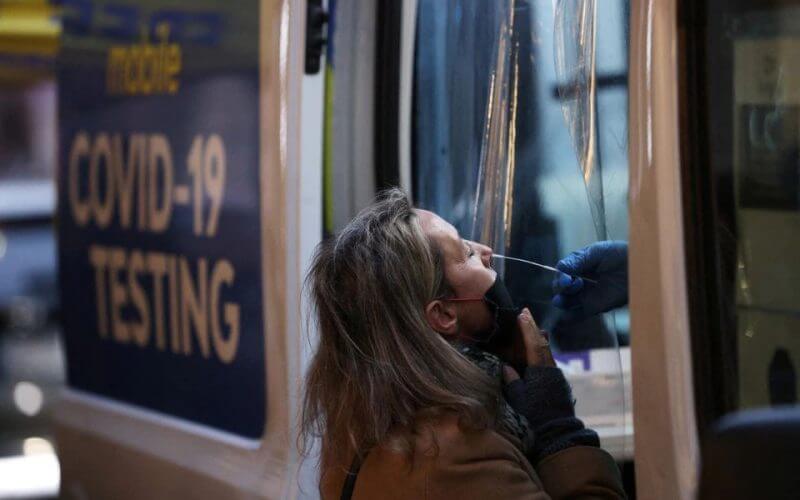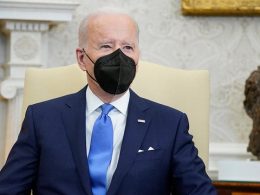Reuters
New government rules that halve the isolation period for asymptomatic coronavirus infections lack safeguards that could result in even more infections as the United States faces a record surge driven by the Omicron variant, disease experts said.
This week the U.S. Centers for Disease Control and Prevention reduced the recommended isolation period for people with asymptomatic COVID to five days, down from 10, after which they are asked to wear masks for an additional five days. The agency cited the extremely rapid spread of Omicron, which could force many more workers across industries to remain home in the coming weeks, even if they are not ill or infectious. read more
A major concern voiced by scientists is that the isolation policy fails to distinguish between vaccinated and unvaccinated people, who recover from the virus at different rates. It also does not require testing to confirm that a person is no longer infectious before they go back to work or socialize.
"Unvaccinated people take much longer to clear the virus and not be infectious," said Dr. Eric Topol, director of the Scripps Research Translational Institute. "Some people clear the virus in a day; others take a week or more."










